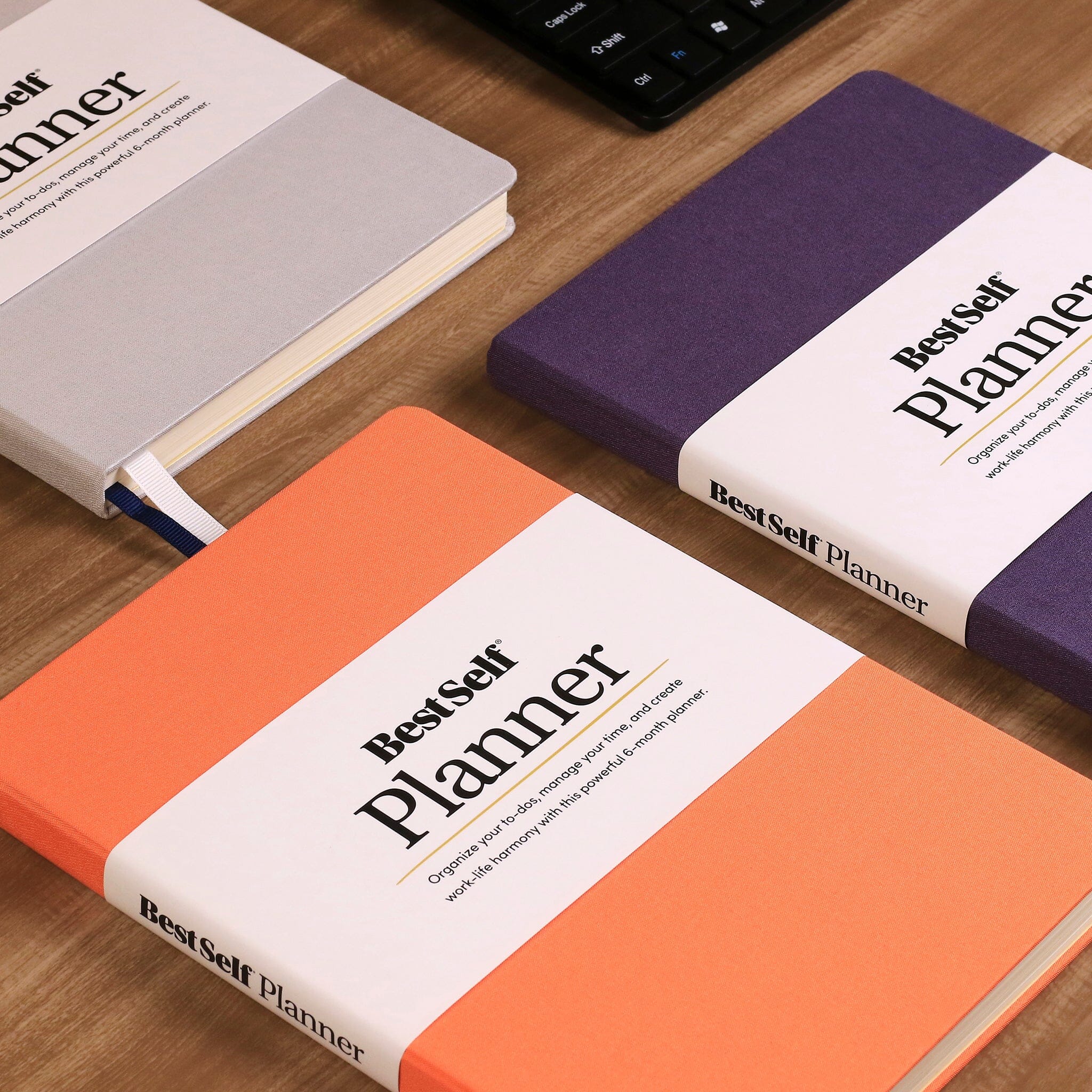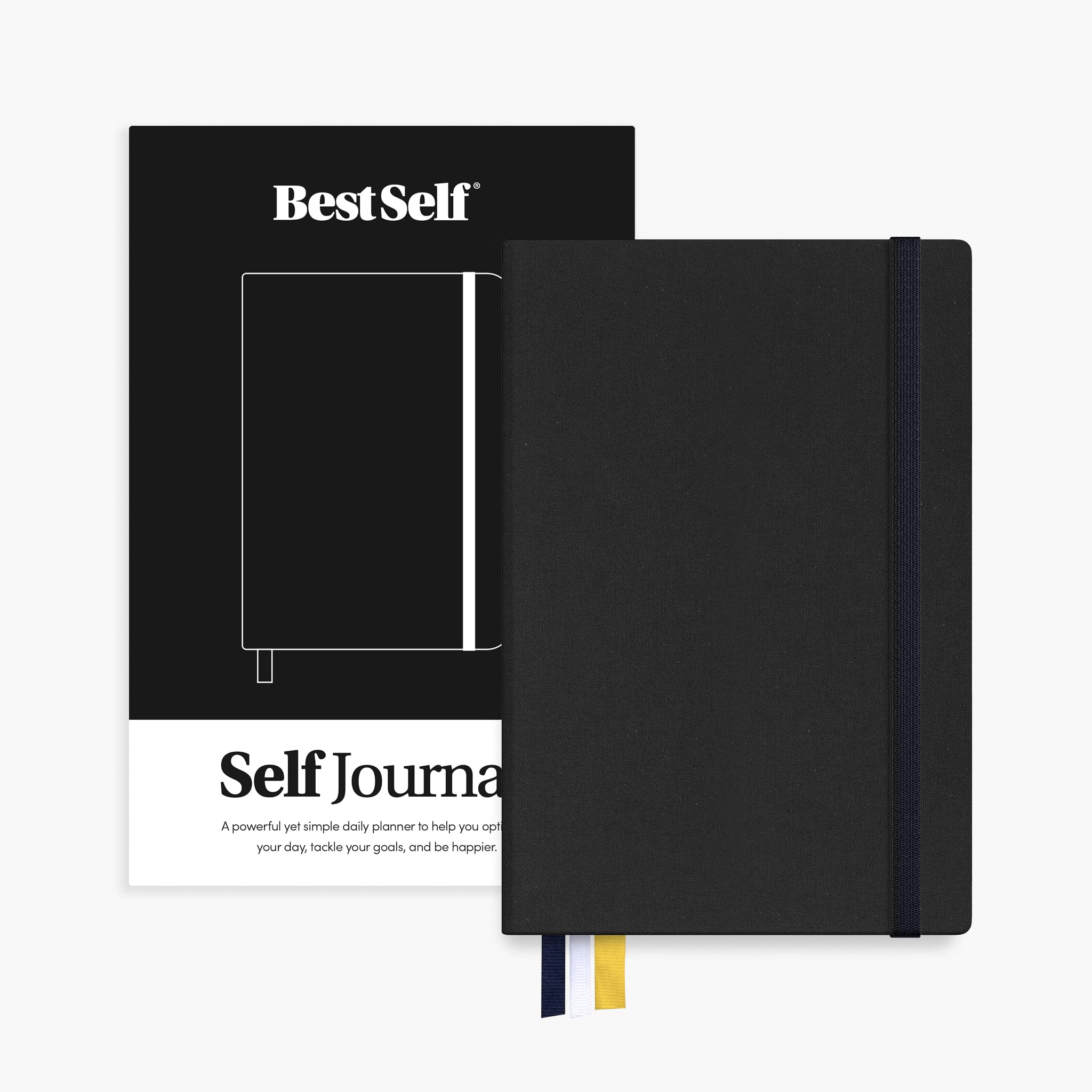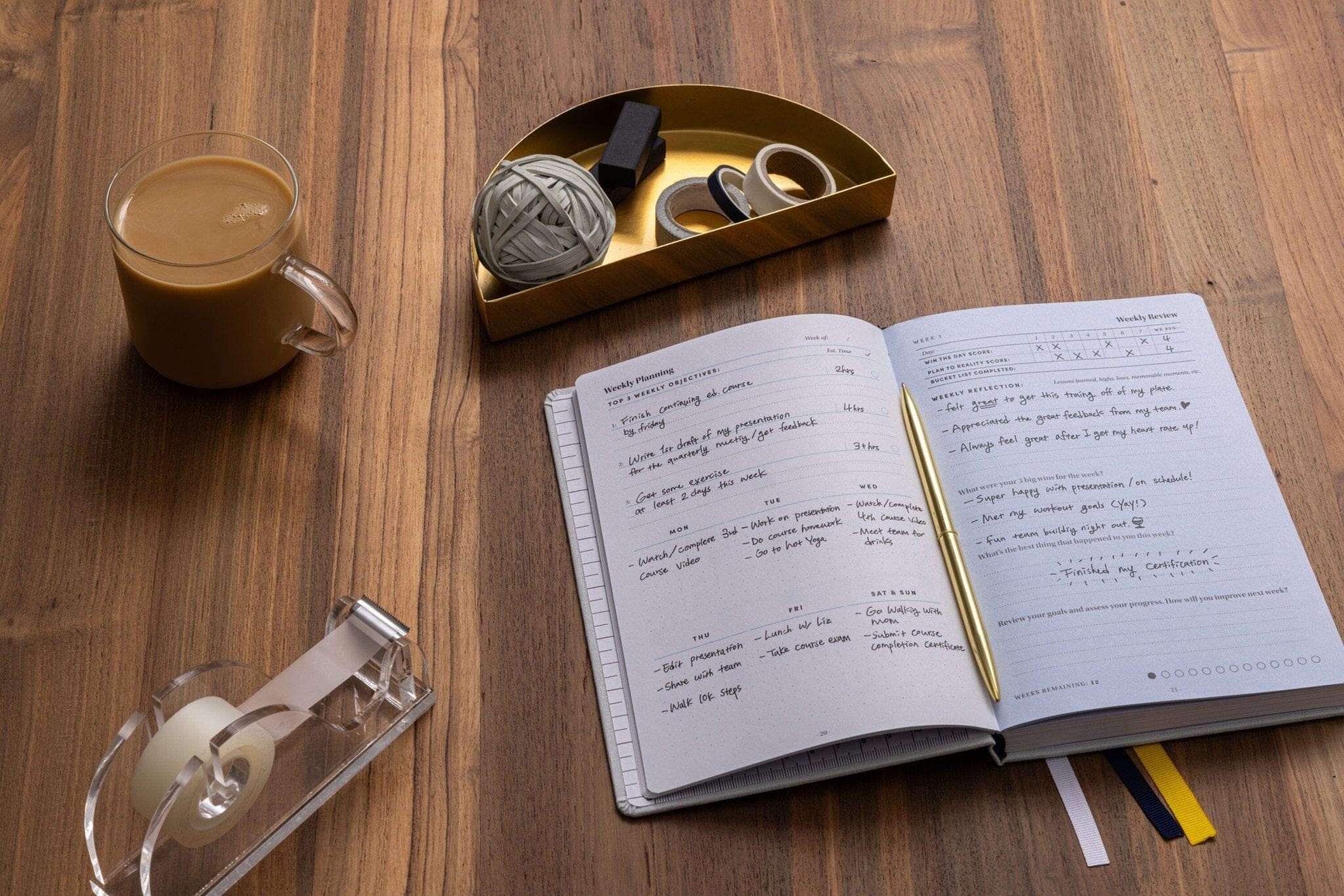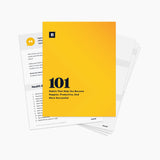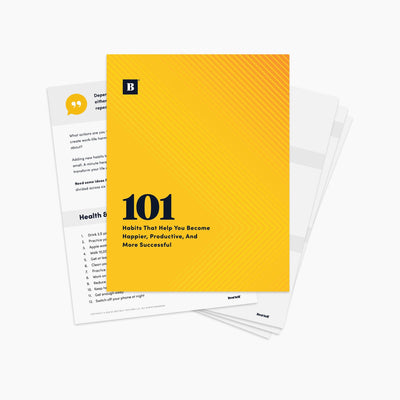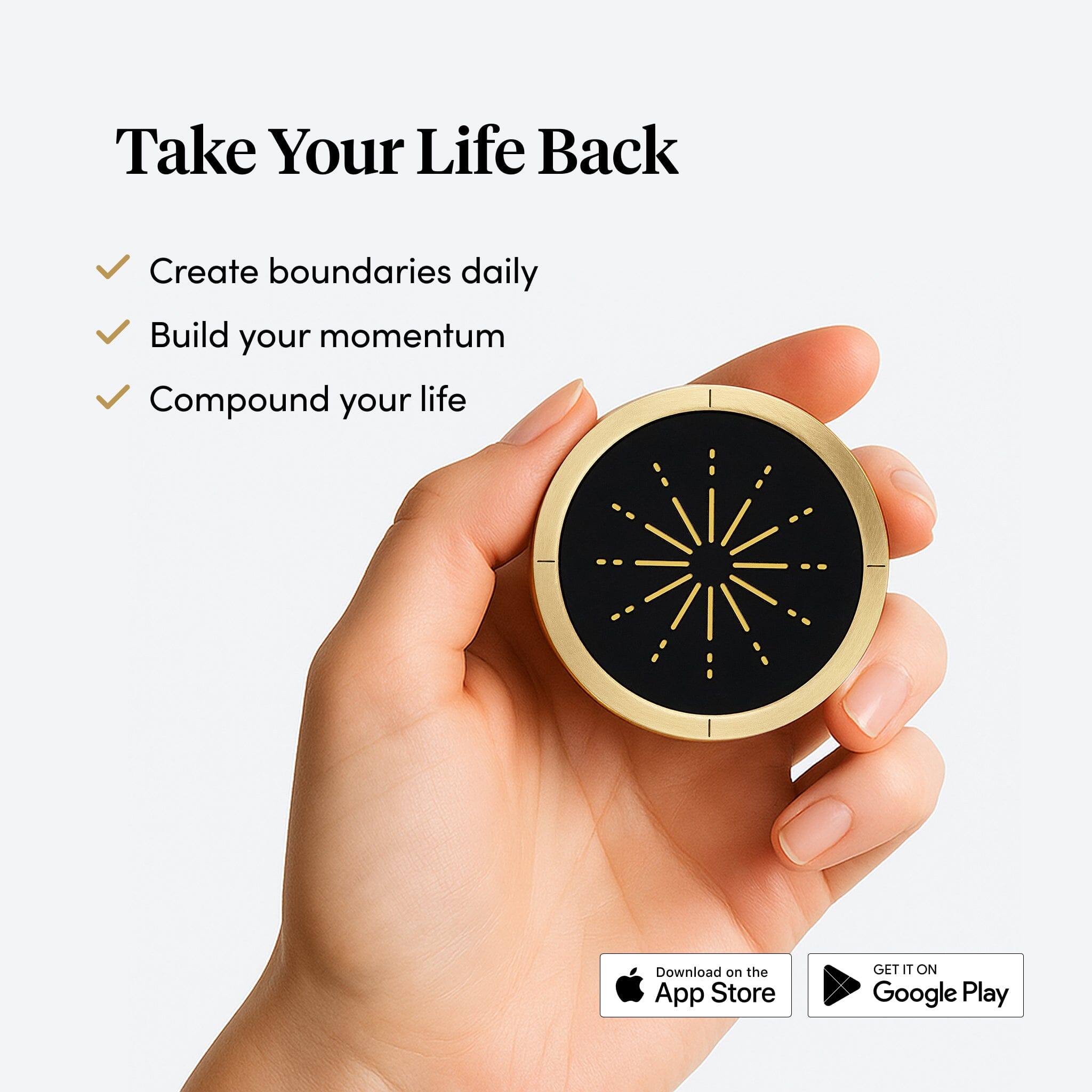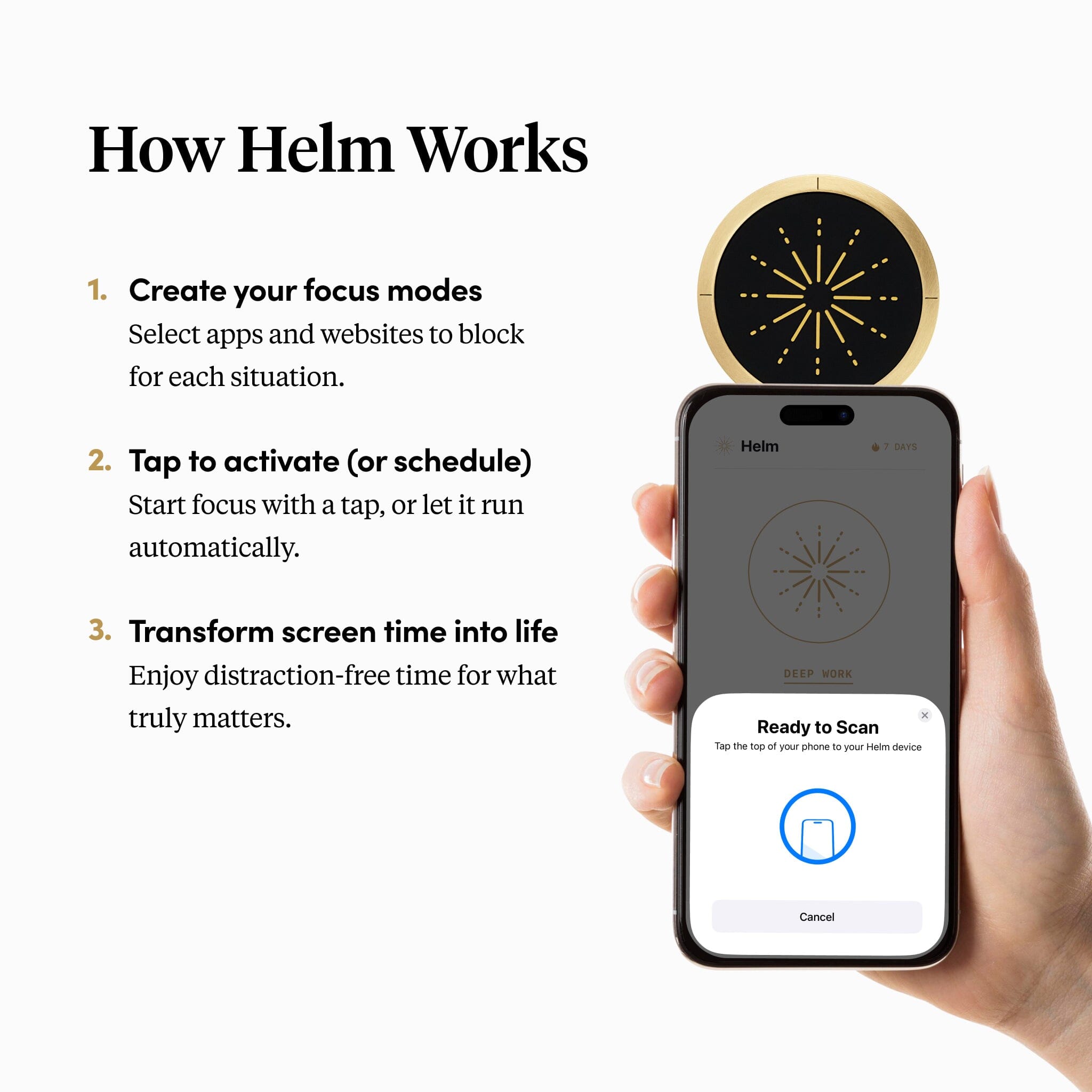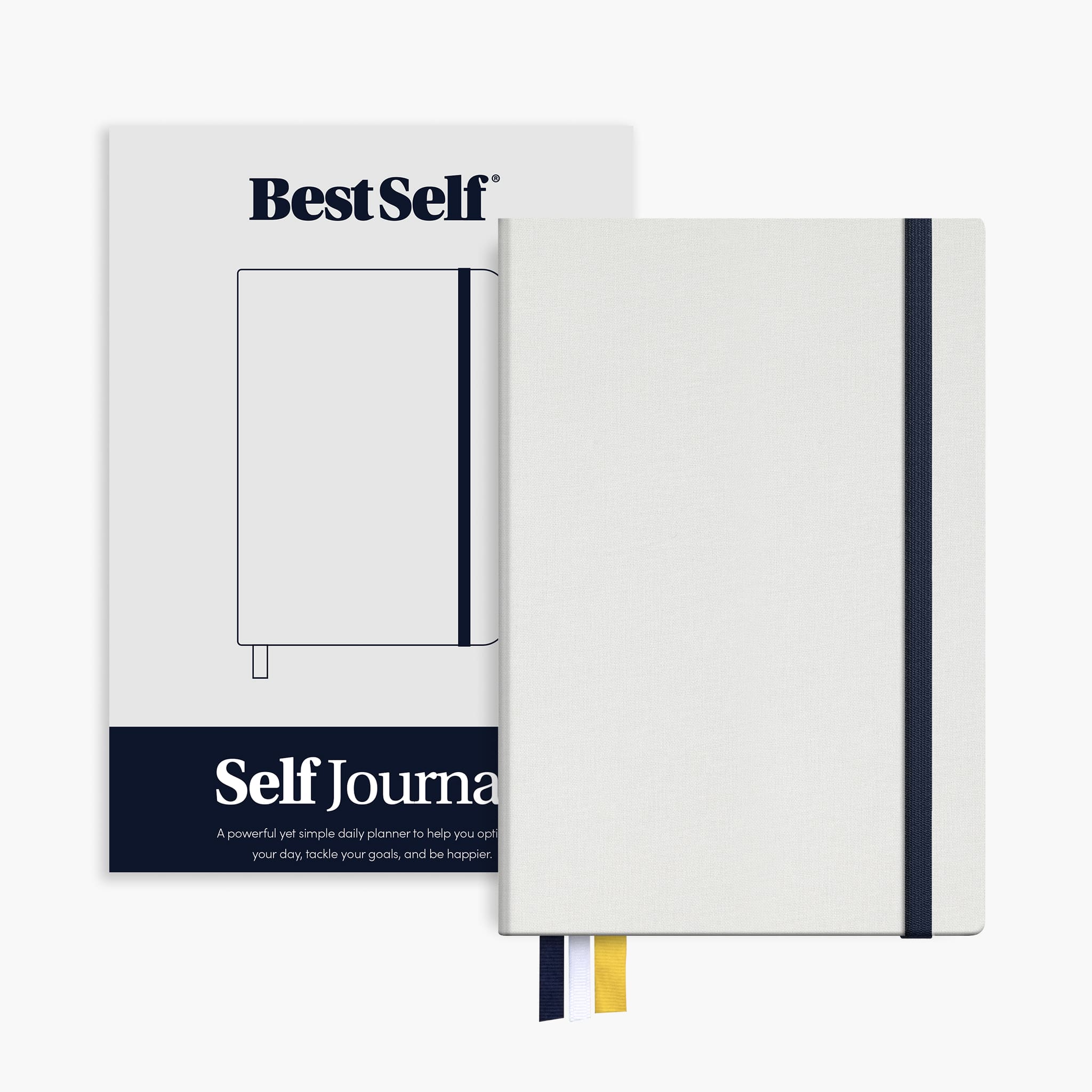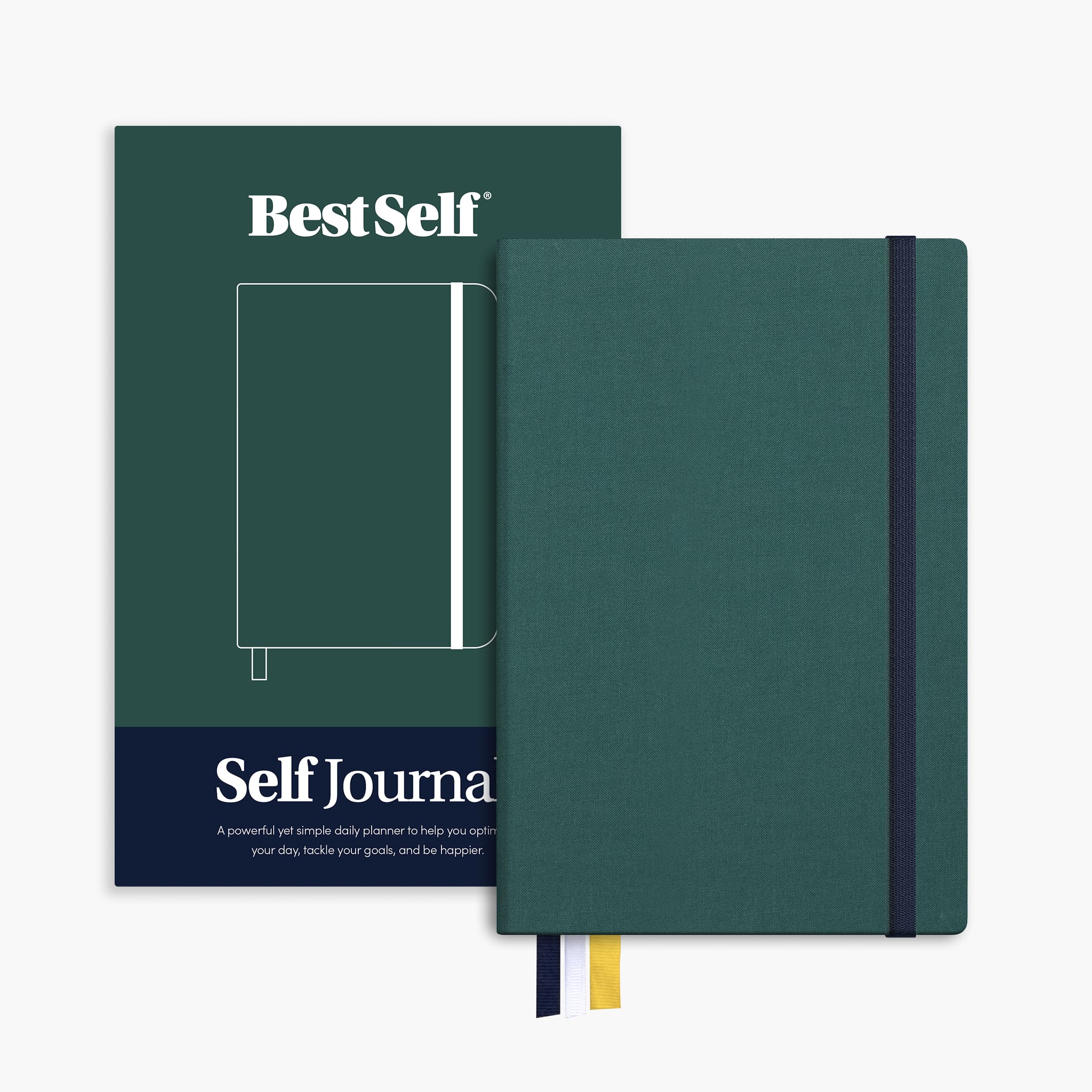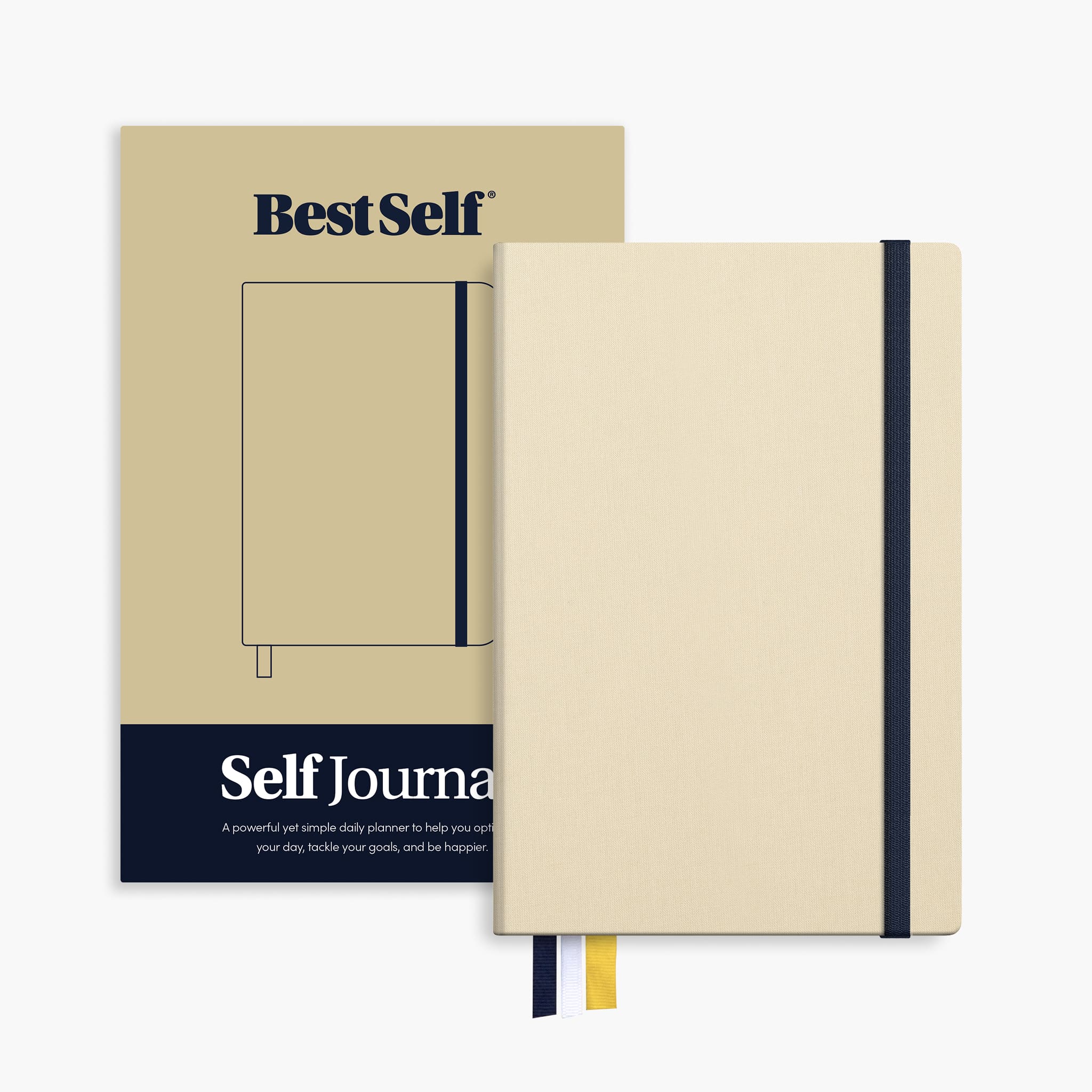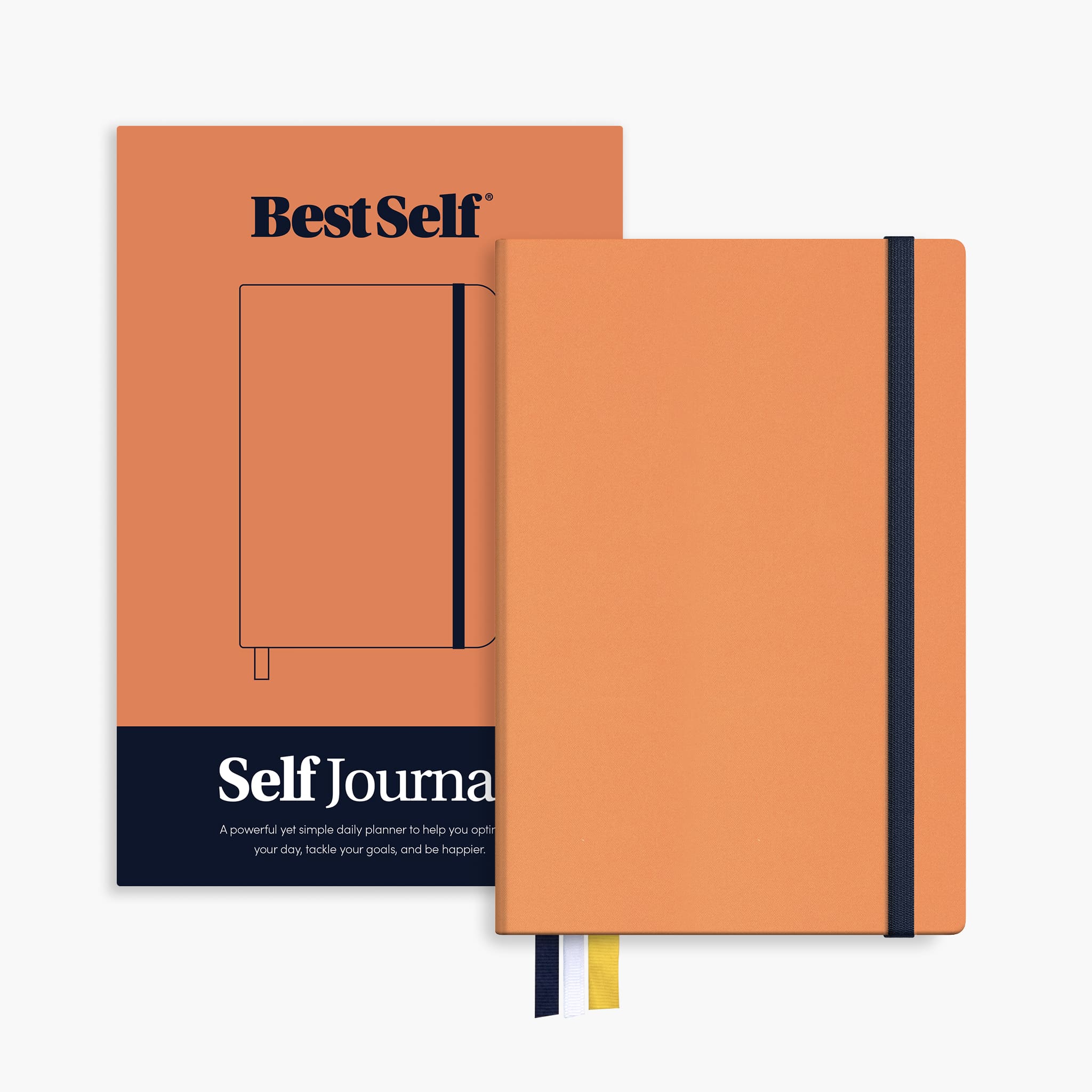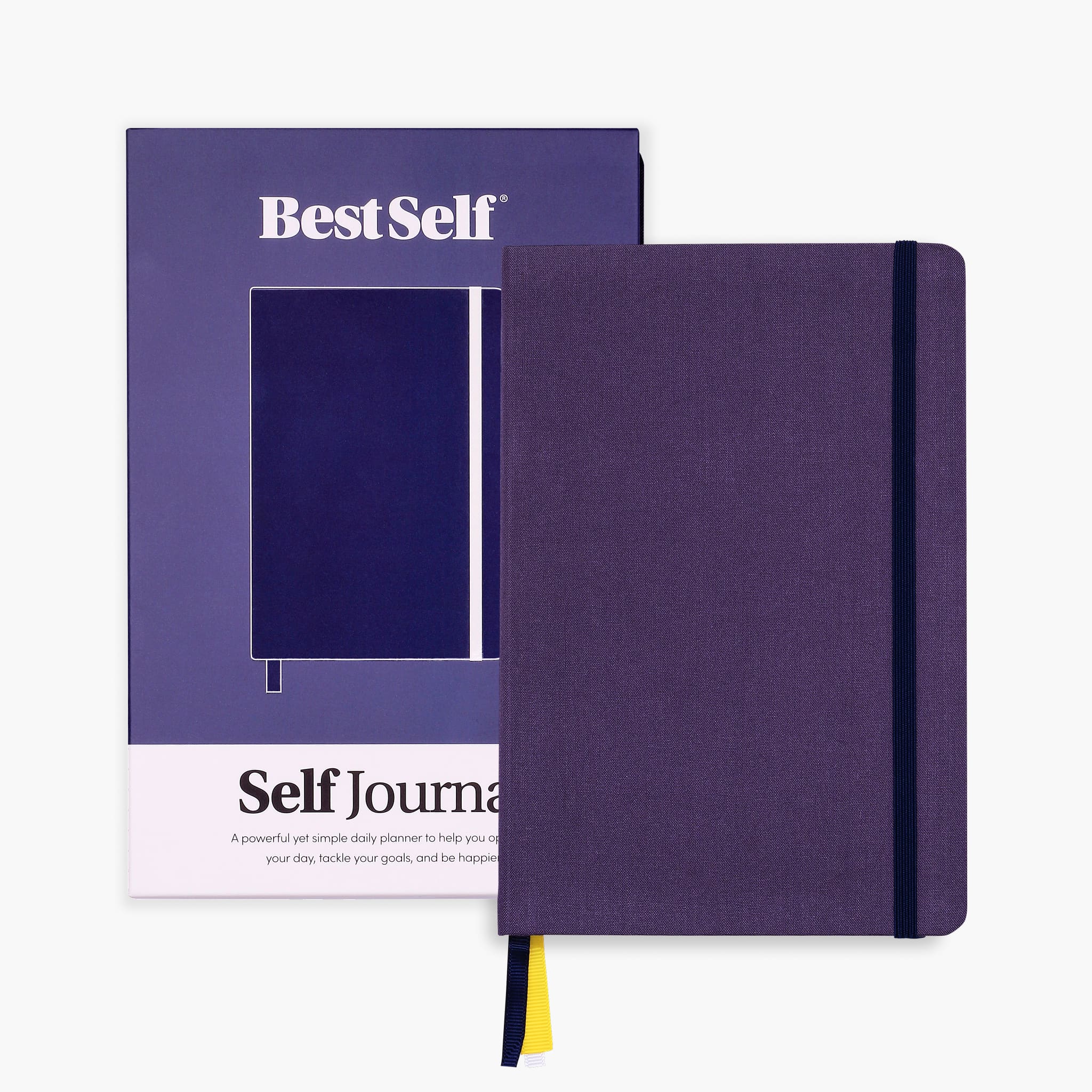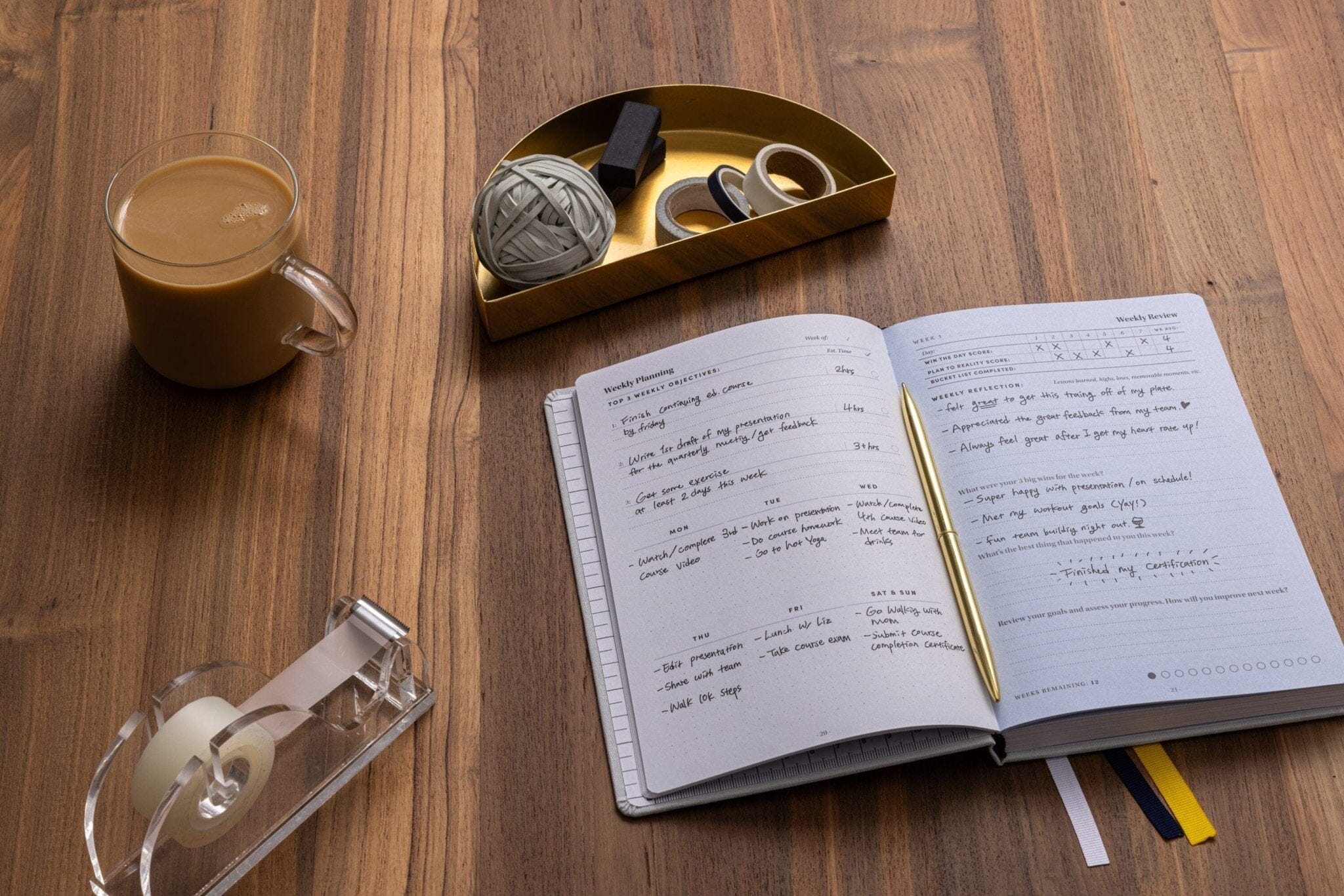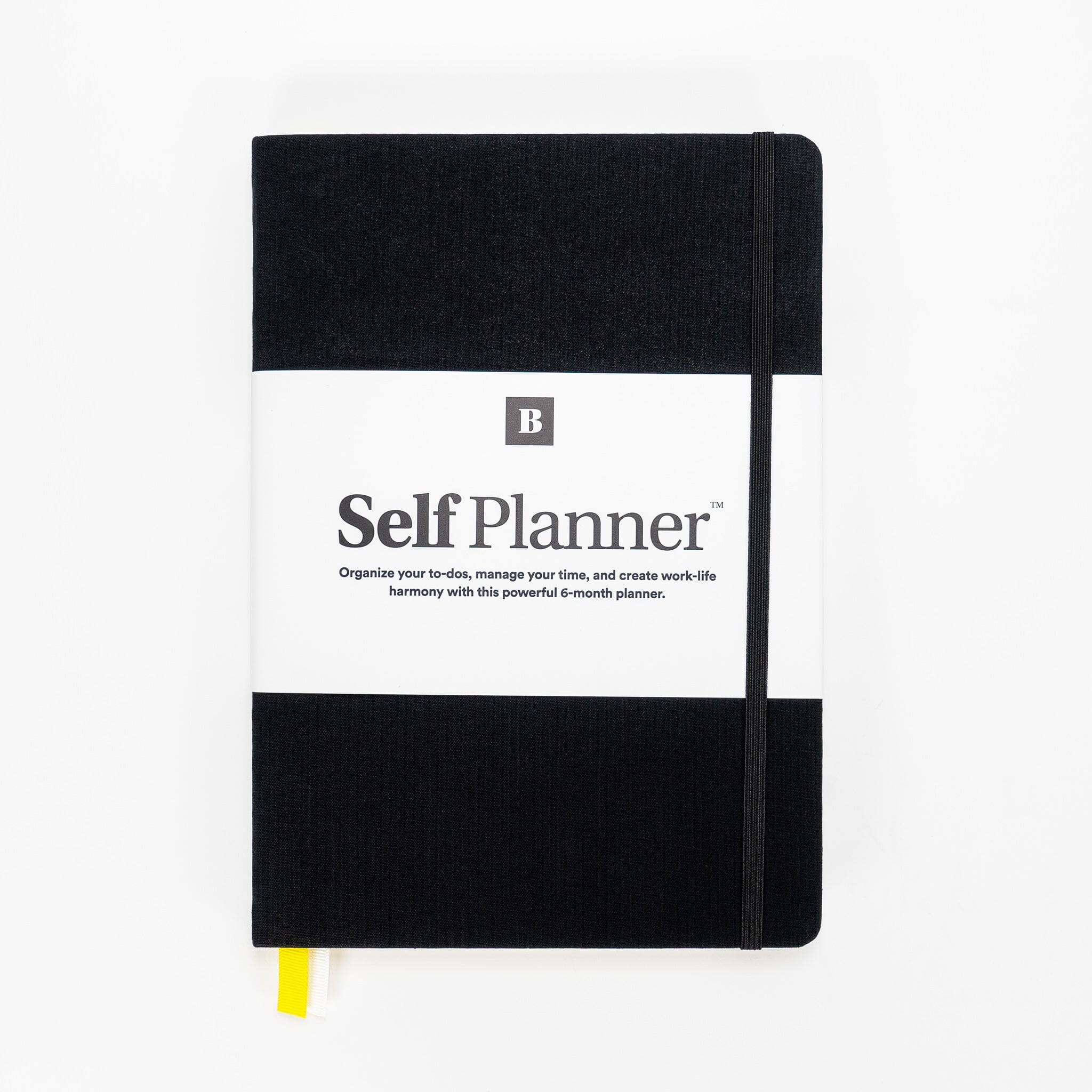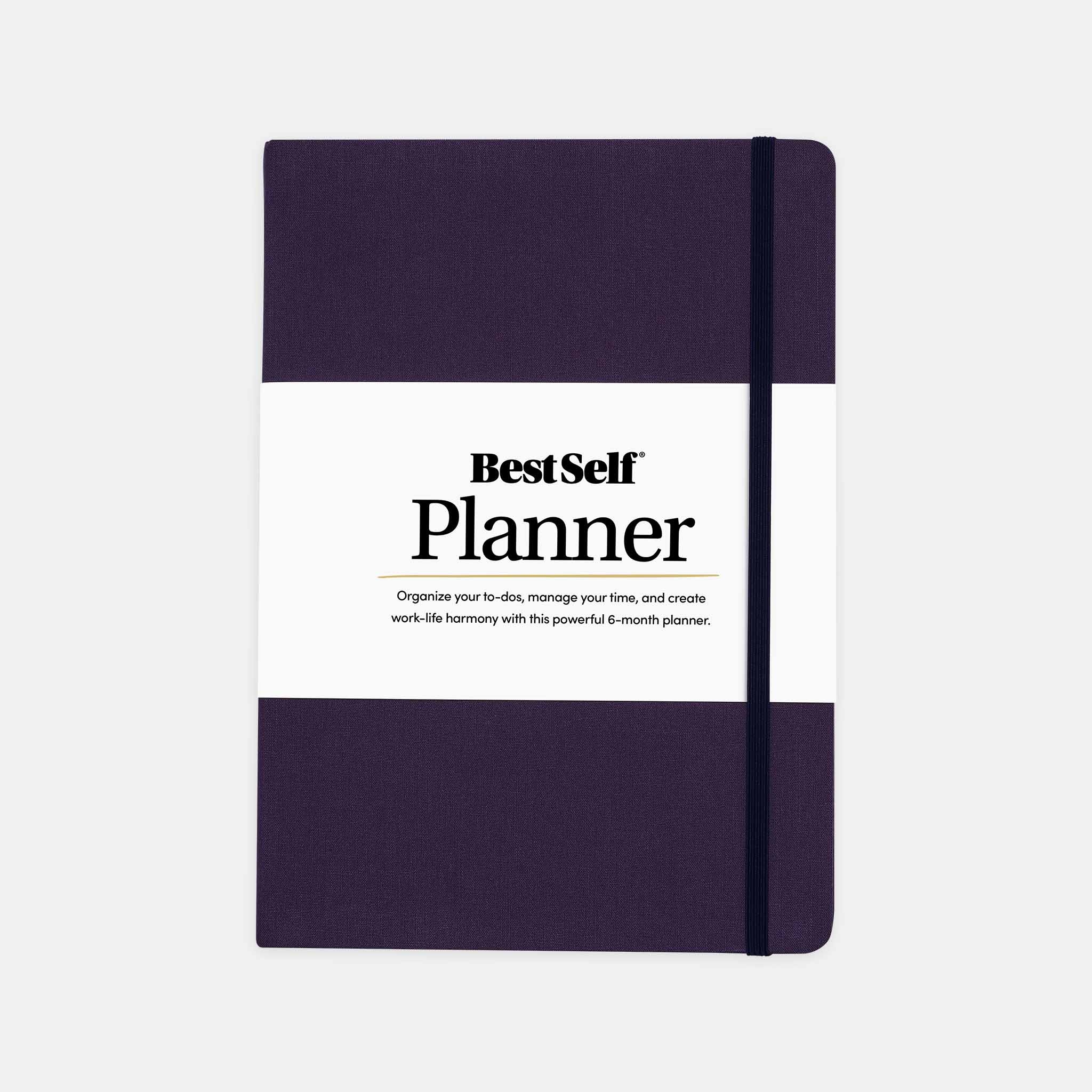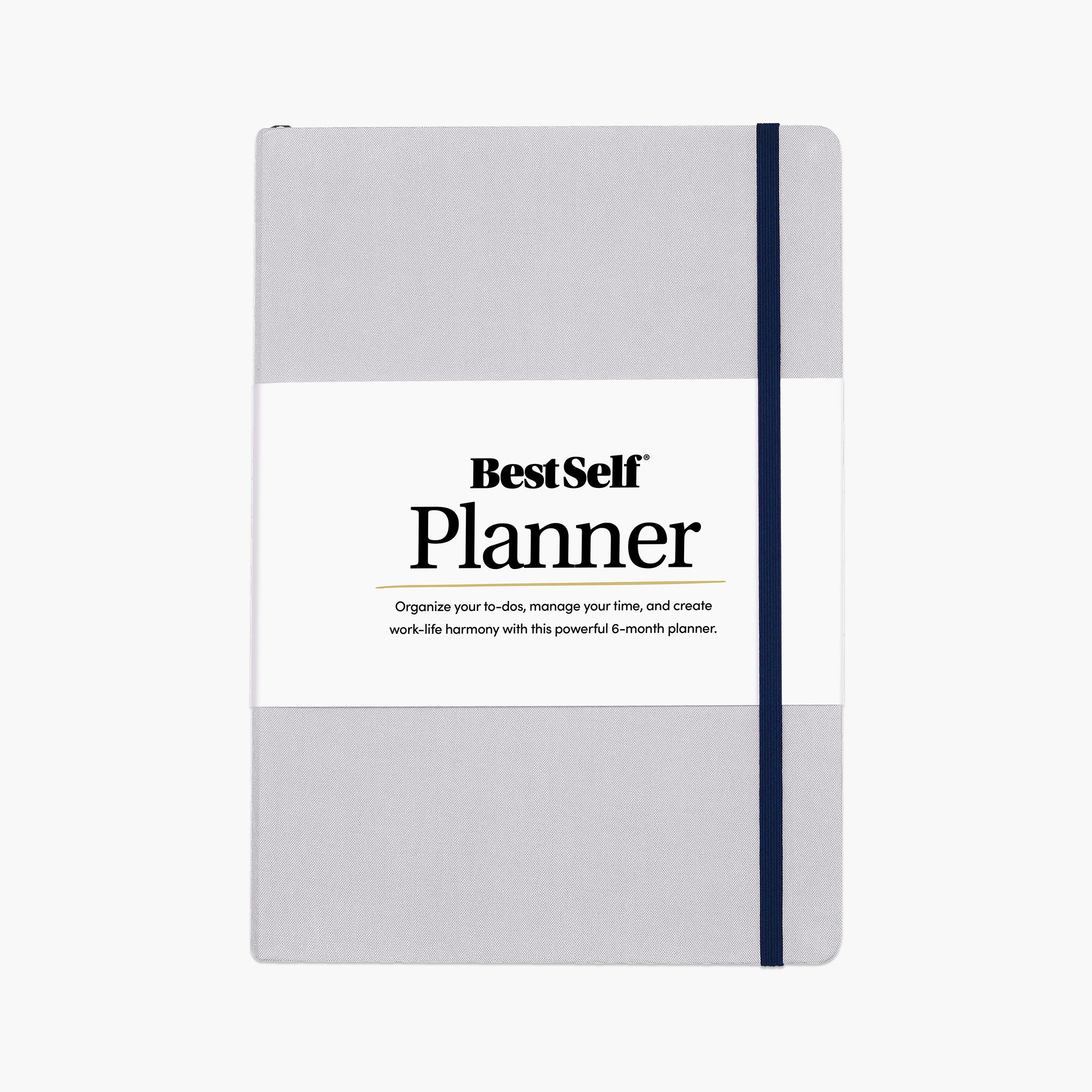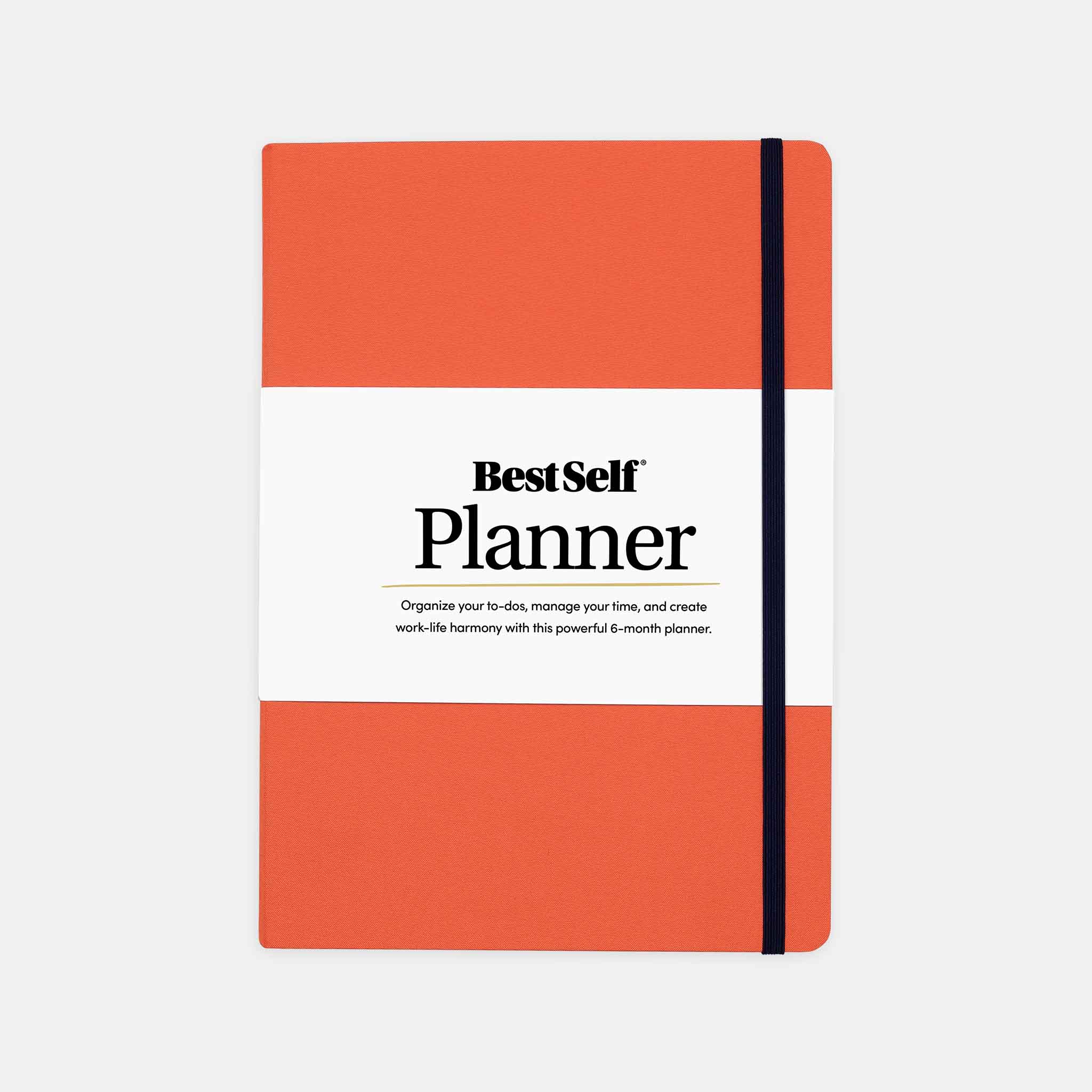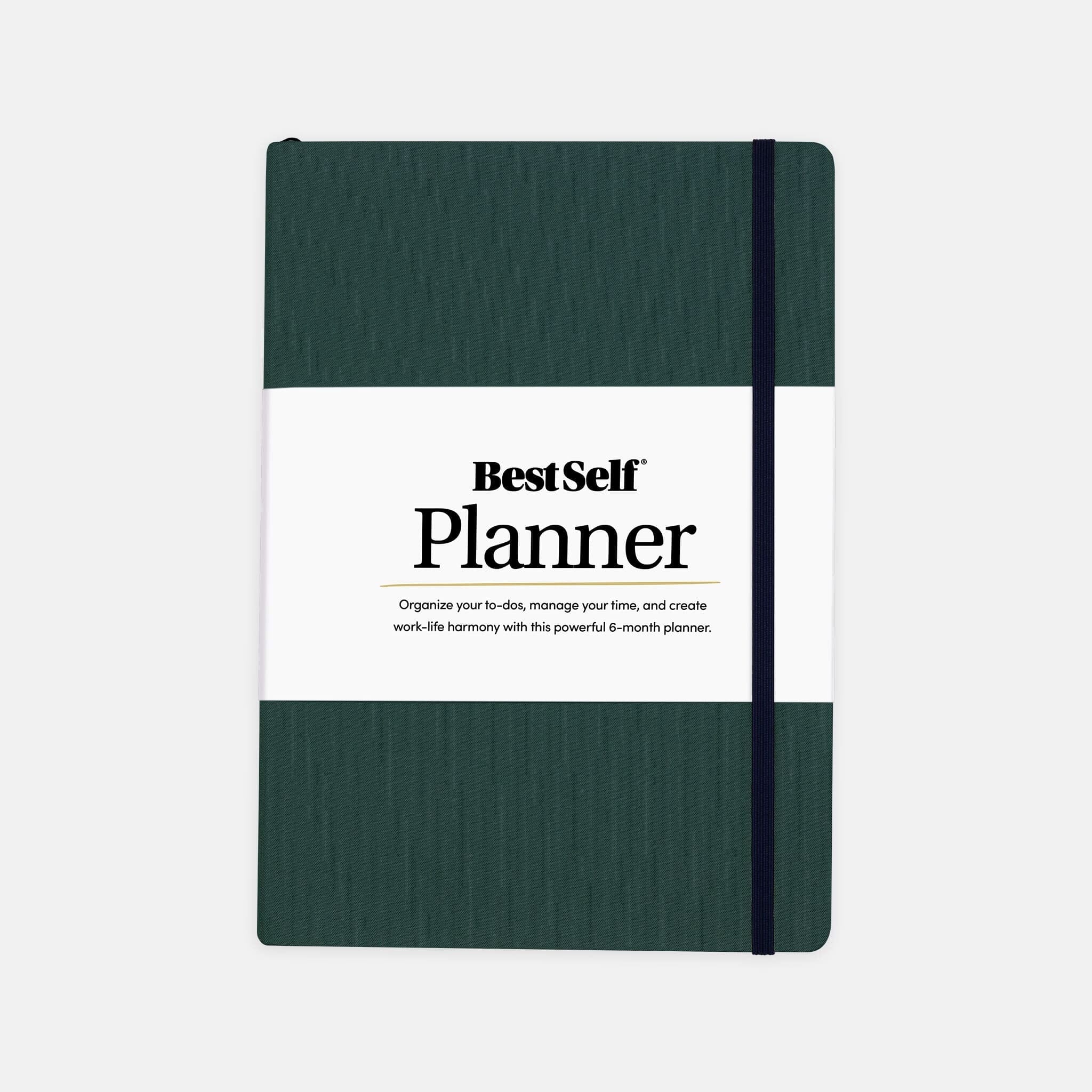My 3-Year-Old Learned This Faster Than Me
Imagine an engineer, a master of logic and mechanics, given a seemingly simple task: ride a bicycle where turning the handlebars left makes the wheel go right. He knew the trick, understood the concept. It should take minutes to master, right? It took him eight months of daily, frustrating practice. His 6-year-old son? Two weeks. My own 3-year-old daughter learned to ride her balance bike in two days, while I've been battling a stubborn morning phone habit for 847 days.
There's a profound reason for this disparity, and it's about to change how you think about every habit you have.
This experiment, popularized by Destin Sandlin and his "backwards bicycle," reveals a powerful truth: sometimes our expertise is our biggest liability. Once Destin finally mastered the backwards bike, he temporarily couldn't ride a normal bike. His brain had completely rewired itself, and the old pattern was gone.
The Curse of Competence
We spend years becoming "good" at things. Good at responding instantly. Good at being available. Good at saying yes. These patterns become so deeply ingrained, so hardwired, that we no longer recognize them as choices. They simply become how we operate.
My morning phone habit isn't just about the phone. It's a decade-long accumulation of training myself that being responsive equals being valuable, that constant availability signifies importance. It's no wonder that unlearning this behavior is proving more challenging than building my entire business.
The Hidden Cost of "Always Done It This Way"
Research from University College London suggests it takes an average of 66 days to form a new habit. What's often overlooked is that it can take three times longer to break an old one, especially when that habit is intertwined with your identity or sense of competence.
Consider these common scenarios:
- The manager who struggles to delegate because they've always been the "reliable one."
- The parent who can't rest because they've always been the "everything's under control" person.
- The friend who can't say no because they've always been the "helpful one."
-
The entrepreneur who can't slow down because they've always been the "hustle harder" person.
We are all, in essence, riding our own backwards bicycles, instinctively trying to steer left while our hands automatically pull right.
My Backwards Bicycle Breakthrough
I'll admit, I tried everything to break my morning phone habit: app timers (which I'd override), leaving my phone in another room (I'd just go get it), and relying on willpower (a strategy that consistently failed). The statistics are stark: we check our phones an average of 96 times a day, equating to 3.5 hours stolen daily. For someone with ADHD like me, those numbers are often doubled.
My breakthrough came not from willpower, but from creating a physical barrier that my half-awake brain couldn't easily bypass. Now, my phone resides in Helm's focus mode overnight. I literally cannot access social media, email, or Slack until I physically walk to my office and tap my phone to the device. This conscious, physical action of getting up, walking, and making a deliberate choice is what finally broke the pattern. It was about designing a system that worked with my brain, not against it.
Why Kids Have It Easier
My daughter doesn't check a phone before breakfast because, well, she's three and doesn't own one. More importantly, she's never developed that ingrained pattern of reaching for a device first thing in the morning. She doesn't overthink her capabilities because she hasn't accumulated decades of self-imposed expectations about what she "should" be good at. She simply gets on the bike and rides.
The backwards bicycle experiment powerfully demonstrates that our brains retain the capacity to rewire themselves at any age. It simply requires:
- Patience with the process: It took 8 months, not 8 minutes, for the engineer.
- Daily practice: Consistency, not intensity, is key.
-
Creating systems: Rely on thoughtful design, not fleeting willpower.

The Unlearning Audit (15 mins)
As we approach July's mid-year check-in, let's identify what needs unlearning:
- Name your backwards bicycle (5 mins): What's one "expert" behavior that no longer serves you? For me, it was checking my phone before my feet hit the floor. For you, it might be saying yes to every request, working through lunch, or apologizing before speaking.
- Track the pattern (5 mins): For the next 24 hours, make a tally mark every time you engage in this behavior. When I did this with my phone, I hit 23 checks before noon. The sheer awareness alone began to shift my behavior.
- Design your system (5 mins): What physical or environmental change could make the old pattern harder to execute? Consider these examples:
- Move your phone charger to the kitchen (away from your bedside).
- Set an automatic reply on your email after 6 PM.
- Place your running shoes by the door to encourage that walk you keep skipping.
- Password-protect streaming apps during work hours.
Remember: You're not failing because it's hard. It's hard because you're successfully battling years of ingrained neural pathways. Every wobble, every struggle, is a sign of progress.
🤔 Reflection Prompt
"What expertise has become your cage? What would be possible if you let yourself be a beginner again?"

📚 Reading Corner: The Talent Code by Daniel Coyle
His research on "productive failure" profoundly changed my approach to learning.
🔍 Cool Find: The Backwards Bicycle Video
Watch Destin Sandlin's actual 8-month journey to master the backwards bicycle.
Breaking Phone Habits Before Summer Swallows Us Whole
It's easy to judge "iPad kids" while we ourselves clutch our phones like emotional support animals. I'm calling myself out here. I created a "travel iPad" that my daughter believes only works on airplanes, all while I'm checking Instagram instead of truly engaging when she's showing me her drawings.
Here's a thought that stopped me cold: We only get 936 weekends with our kids before they turn 18. Just 18 summers. My daughter is three, meaning I've already used up 156 of those weekends. I have 780 left.
780 weekends. That's it.
With summer upon us and kids spending more time at home, every moment becomes even more precious. When we're working, let's truly work. When we're with our children (or simply striving to be present in our own lives), let's not allow our phones to steal those irreplaceable moments.
This realization is why I finally designed a physical solution to this pervasive digital problem. And here's an important update: We're closing pre-orders for Helm this Friday. We have just 67 devices remaining from our initial batch.
Everyone who pre-orders receives free access to our Dopamine Detox Challenge (normally $47), where I'll be undertaking the exact same daily challenges alongside you. Because the journey of unlearning is always easier when shared.
After we ship to our initial pre-order community, we anticipate reopening orders sometime in July, though I cannot guarantee the exact timing or pricing.
If you've been contemplating establishing genuine boundaries between yourself and your phone, especially with summer's arrival, now is your moment.
Here's to unlearning our way to something better.
Cheers,
Cathryn





